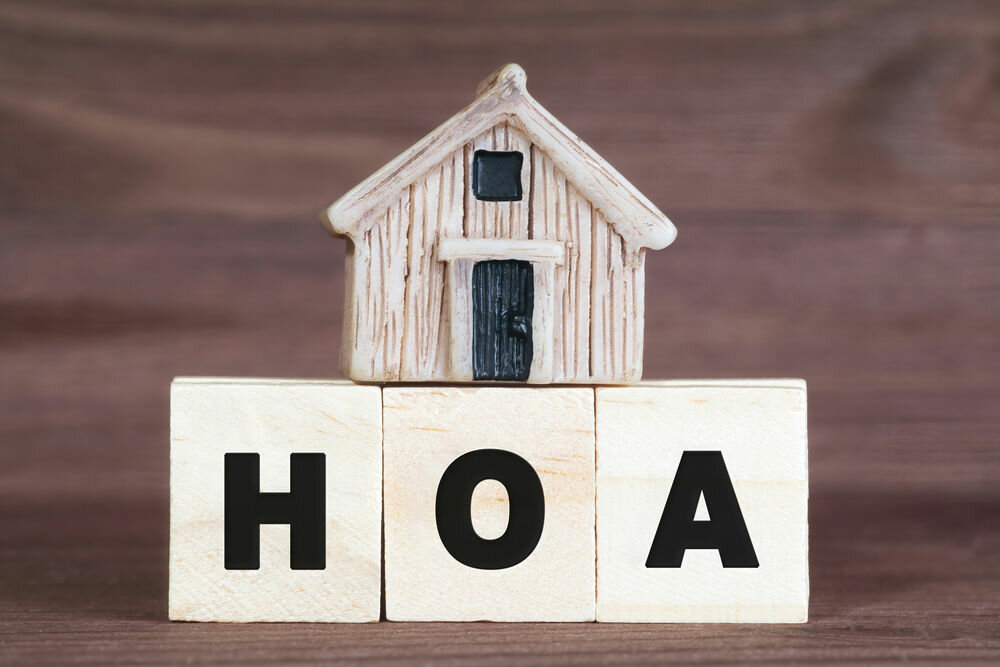
When searching for your next home, the neighborhood or community you choose matters when it comes to things like affordability, proximity to work and the right schools for your kids.
If the neighborhood you like best is governed by a homeowners association, you’ll have a few more factors to consider, from the additional monthly cost involved to whether you’ll be willing to abide by certain rules. First, it’s important to understand exactly what a homeowners association does.
What Is an HOA?
All the residents of a specific area are members of a homeowner’s association (HOA). It’s governed by a volunteer board of neighbors who oversee services like trash pickup, snow removal, and the establishment and enforcement of community rules, or covenants.
The developer who creates the subdivision usually forms the HOA as a non-profit corporation. For the city or county to approve the neighborhood, the developer agrees to form a HOA in order to ensure that residents have access to basic utilities. An HOA for an existing community can also be formed by a group of neighbors, but they are more likely to be voluntary and serve a social and political role than a HOA that organizes utilities and other services.
The Different Types of Properties That Have Homeowners’ Associations
HOAs are common in communities constructed by a single developer. The Community Associations Institute estimates that about 73.9 million people in the U.S. live under a community association, which includes HOAs of single-family houses, condominium associations, townhomes, master-planned communities and cooperatives.
- Community of single-family houses. An HOA for a sprawling neighborhood of single-family houses can be limited to covering services like garbage pickup and sewer connection, or include gated security, a club house with a pool and even a golf course.
- Condominium community. In a condo community, the association covers all common space, some utilities and often the exterior of the buildings, which are considered shared property.
- Townhome community. A homeowners association of townhomes will often be responsible for the shared walls between townhomes, in addition to any other common space.
- Master-planned community. A large community consisting of single-family houses, townhomes, retail and offices will have an HOA that manages all common space for residential properties, but also work with the management or chamber of commerce that oversees commercial properties in the community.
- Cooperative. Cooperative housing is not exactly the same as an HOA, but there are many similarities – there is a governing board that can amend rules and enforce them. However, by living in a co-op you do not purchase an individual home like you would with a condo or house, but shares in ownership of the entire building. A co-op has the oversight to approve or decline new potential members – so if you’re looking to buy into a co-op, your financial history or the type of pet you have could be scrutinized.
Does a HOA make financial sense?
How much you pay for your homeowner’s association dues can range from less than $100 per month to several thousand dollars per month.
Your opinion on whether or not paying for a HOA is worth the extra monthly or yearly fees is entirely your own. With a HOA, there are two possible outcomes: You may enjoy the additional services and value your property receives as a result, or you may find that the strict rules and regulations many HOAs impose are too restrictive for your liking.
In order to become a homeowner in a HOA community, you must agree to abide by the rules and pay dues that have been established by the governing body. Five things you should know before signing the contract.
Get Your No-Obligation All Cash Offer Started Below!
There are no commissions or fees, and there is no obligation to do anything. Start by telling us where your home is and where we can send your offer.
